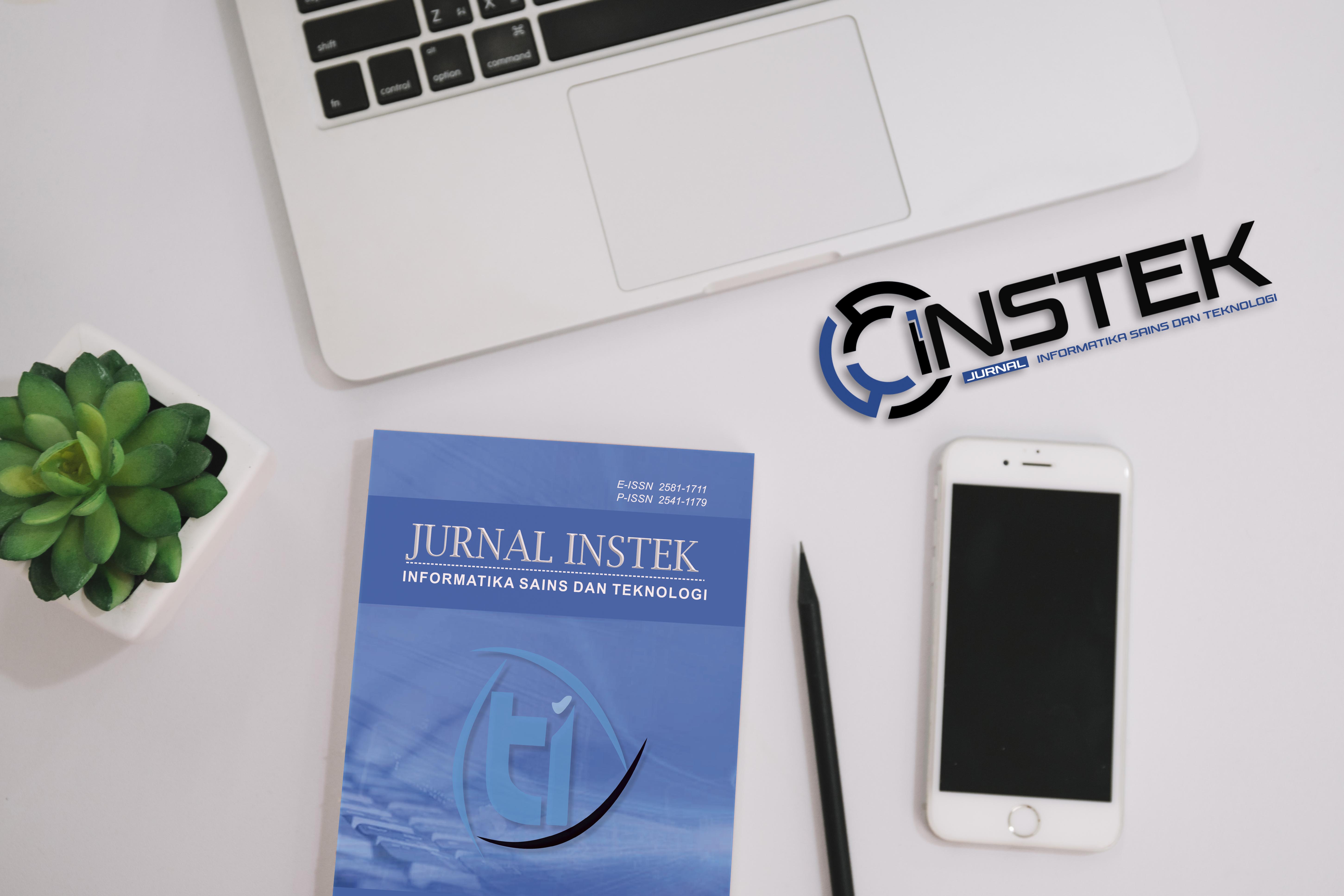About the Journal
Jurnal Informatika Sains dan Teknologi (INSTEK) is a peer-reviewed open-access journal published by the Department of Informatics Engineering, Universitas Islam Negeri (UIN) Alauddin Makassar, Indonesia. It has been published online since 2016. INSTEK publishes original research findings and high-quality scientific articles that present cutting-edge approaches, including methods, techniques, tools, implementations, and applications. The journal serves as an archival resource for scientists and engineers involved in all aspects of information technology, computer science, computer engineering, information systems, and software engineering.
INSTEK is registered with BRIN with p-ISSN: 2541-1179 and e-ISSN: 2581-1711. Additionally, it is registered with Crossref, with DOI: https://doi.org/10.24252/instek.IDPaper. INSTEK has been accredited SINTA 4 (2021-2025) according to Decree No. 5162/E4/AK.04/2021 by the Ministry of Education, Culture, Research, and Technology. The accreditation results can be downloaded here.
INSTEK is published twice a year, in April and October. Every manuscript submitted will be reviewed by expert reviewers through a double-blind process. Manuscripts must be submitted in either BAHASA INDONESIA or ENGLISH.
The Jurnal Informatika Sains dan Teknologi (INSTEK) accepts submissions for "Selected Papers." These papers will be published in the nearest edition. To qualify, the paper must be written in English and have at least one co-author from outside Indonesia. If your paper meets these requirements, please contact our representative to secure a slot in the "Selected Papers" section.
See INSTEK's articles cited in 
Papers for the Jurnal INSTEK are invited on, but not limited to, the following topics:
|
|
Contact us
E-mail: [email protected]
WA: +62 895 0452 7227

